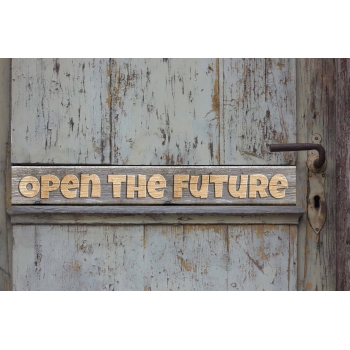14 December 2025
Newsletter
Subscribe to receive all updates from Lascò
Share
Our toolbox


